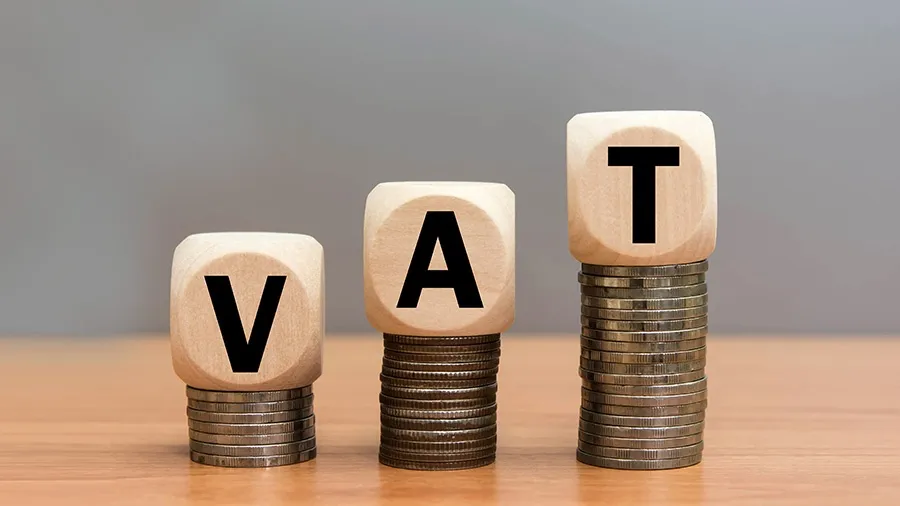Seth Terkper, Economic Advisor to the President, has urged Ghana to simplify its tax system—particularly the Value Added Tax (VAT)—to improve compliance and revenue collection.
Speaking at the launch of his new book, “Value Added Tax in Africa: The Ghana Experience“, in Accra, he warned that distortions in the country’s core tax components are undermining fiscal integrity.
The former Finance Minister and National VAT Coordinator emphasised that VAT, along with income tax, excise duty, and import duty—the four pillars of Ghana’s tax regime—must be kept straightforward to encourage compliance and reduce revenue losses.
“Keep it simple, don’t make it complex,” he advised, noting that Ghana’s current effective VAT rate of around 22 percent is burdened with additional levies that replicate the functions of the core taxes, diluting the effectiveness of VAT.
Terkper explained that although VAT initially replaced multiple consumption taxes, many of those levies have since been reintroduced, weakening VAT’s role and contributing to Ghana’s low tax-to-GDP ratio.
A joint 2024 survey by the Ministry of Finance and UK-based TaxDev from the Institute for Fiscal Studies reported Ghana’s tax-to-GDP ratio at 13.8 percent in 2022—far below the government’s 18–20 percent target for 2027.
He urged policymakers to allow the fundamental structure of the tax system to function properly. “If revenue is distorted, we won’t have enough money for necessary expenditure, which forces borrowing and increases debt,” he cautioned.
In response to a question from the Ghana News Agency, Terkper acknowledged that economic challenges such as the COVID-19 pandemic may warrant temporary levies. However, he advocated for relying on mechanisms like the Stabilisation Fund during crises, rather than adding new, complex taxes that are difficult to administer and comply with.

Also speaking at the event, Julius Debrah, former Chief of Staff, praised Terkper’s book for its relevance to tax professionals and students. He called for a nationwide effort to reform Ghana’s tax system to boost compliance, while also criticising certain practices by some Ghana Revenue Authority (GRA) officials, which he said alienate businesspeople.
He urged the GRA to enhance public education to promote better understanding and compliance.
Abeku Gyan-Quansah, Partner at PwC and reviewer of the book, highlighted its comprehensive examination of VAT’s political, economic, and institutional aspects.
He described the launch as timely, ahead of a planned overhaul of Ghana’s VAT system expected in September. “This is more than a technical manual,” he said, adding that the insights provided could help reduce unnecessary policy changes and serve as a blueprint for VAT reform across Africa, especially as Ghana marks 30 years of VAT implementation.














